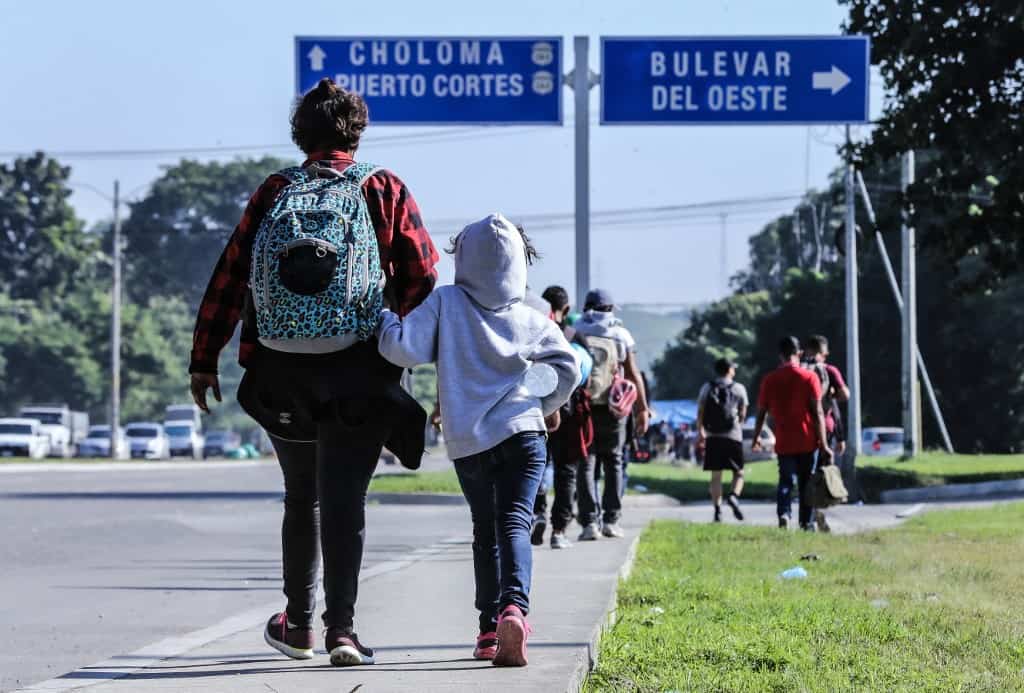Costa Rica, a small Central American country known for its lush rainforests and stunning beaches, made history in 1948 when it abolished its army. This decision was a direct result of a bloody civil war known as the Costa Rican Civil War.
Election results contested
The civil war began in 1948 after a disputed presidential election between Rafael ÁngelCalderón Guardia and OtilioUlate. The election results were contested, leading to widespread unrest and violence throughout the country. The conflict quickly escalated into a full-blown civil war between supporters of Calderón Guardia’s ruling government and Ulate’s opposition forces.
The civil war was brutal and bloody, with atrocities committed by both sides. The conflict ravaged the country, leaving thousands dead and displacing many more. The violence and destruction caused by the war deeply traumatized the Costa Rican people and left a lasting impact on the country’s collective psyche.
As the civil war raged on, a young teacher and political leader named José FigueresFerrer emerged as a key figure in the opposition forces. Figueres led a successful military uprising against the ruling government, ultimately overthrowing the existing regime and establishing a new provisional government.
After assuming power, Figueres made the bold decision to abolish the Costa Rican army. This decision was unprecedented at the time, as most countries in the region relied heavily on their military forces for security and defense. However, Figueres believed that the army had been a catalyst for the civil conflict and that Costa Rica could achieve peace and prosperity without a standing army.
The decision to abolish the army was met with mixed reactions, with some praising Figueres for his visionary leadership and commitment to peace, while others criticized the move as reckless and naive. Despite the challenges and skepticism, Figueres remained steadfast in his belief that Costa Rica could thrive without a military force.
In the years following the abolition of the army, Costa Rica embarked on a path of demilitarization and disarmament. The country redirected its resources towards education, healthcare, and environmental conservation, laying the foundation for a more peaceful and sustainable society.
A shining example
Today, Costa Rica stands as a shining example of the benefits of pacifism and nonviolence. The country is known for its commitment to peace, democracy, and human rights, earning a reputation as a beacon of stability in a region plagued by conflict and instability.
The abolition of the Costa Rican army was a bold and revolutionary decision that transformed the country and set it on a path towards peace and prosperity. By choosing to prioritize education, healthcare, and environmental conservation over militarism, Costa Rica has shown the world that a nation can thrive without the need for a standing army. The legacy of the civil war and the abolition of the army continues to shape Costa Rican identity and values, reminding us of the transformative power of peace and nonviolence.
For those who have experienced shifts in consciousness and know that more peace, joy, and love awaits in a better living environment. A bold shared vision. A living community and hub for innovation. A sustainable ecosystem for living and working. A model for the new future.
– Advertisement –
Source link
TCRN STAFF



